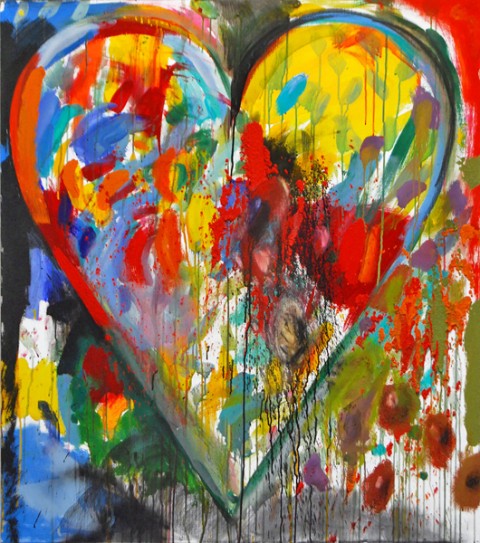FWP:
SETS == GENERATORS; KYA; SUBJECT?
'SUBJECT?' verses: {13,2}; {15,12}*, with discussion of apnā usages; {21,3}**;
{26,7}*; {28,2}; {32,1}***;
{34,4}; {35,8}; {36,7}***;
{41,1}; {45,3};
{46,7}*; {50,5x}*; {55,1};
{59,1}; {59,8}; {60,10}; {64,2};
{68,10x}; {75,7}; {84,5x}; {86,2}*; {86,4};
{88,3}; {97,6}; {99,5}; {103,1};
{108,12x}; {112,2}; {112,3};
{112,9}**; {113,5}; {119,3}*;
{120,11}; {125,3}; {126,2}*; {126,3}*; {131,2};
{138,8}; {140,2}, with discussion of direct and indirect discourse; {142,3x}; {153,9}**; {160,4}; {163,3}; {165,2}; {167,1}**; {170,2}; {173,8}; {174,4}; {175,1}; {177,1};
{177,3}; {189,1}; {189,6}; {196,7}; {201,9}; {202,3}; {204,3}; {208,11}; {214,3}; {214,6}; {217,3}**; {220,1}*; {231,8} // {280x,2}; {286x,2}; {314x,4}; {424x,7}*, heretical; {428x,6}; {428x,7}; {434x,6}
This verse offers another fine kaleidoscope of possibilities (see {21,1} on kyā ).
Whose are the 'misplaced' favors that the speaker sees, and to whom are they shown, and why are they misplaced? They could be the beloved's, and if so they could be shown toward the Rival. Or they could be those of the lover, who unhappily notes that he is humiliating himself in a vain attempt to conciliate the beloved. The verse is careful not to give us any way to decide.
And then, of course, whose are the colorful complaints? And are they identical to the misplaced favors (since being complained to/about by the beloved can be a flirtatious pleasure in itself), or are they a response to them? And is there, or isn't there, a reproach being made about the colorful complaints? And if there is a reproach being made, then who is making it, and is it a rightful one?
Turn the kaleidoscope a little bit, and give it another small
shake, and you get any number of verses for the price of one. No wonder Ghalib
never bothered to expand his published divan--
he knew that it was already so concentrated that it would seem inexhaustible.

Nazm:
When you show inappropriate favor to the Rival, then why do you take my complaints amiss, and why do you object to them? (22)
== Nazm page 22